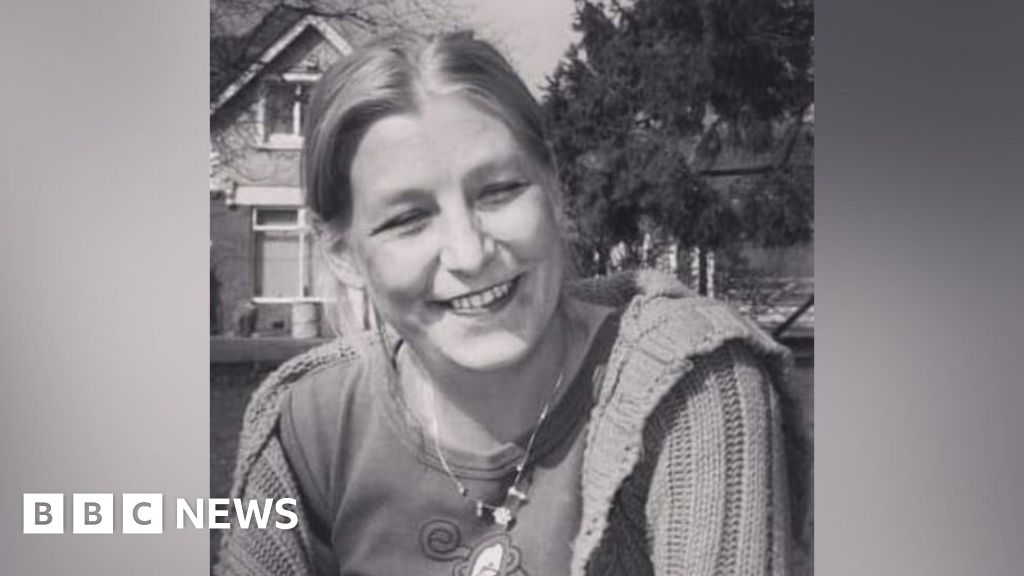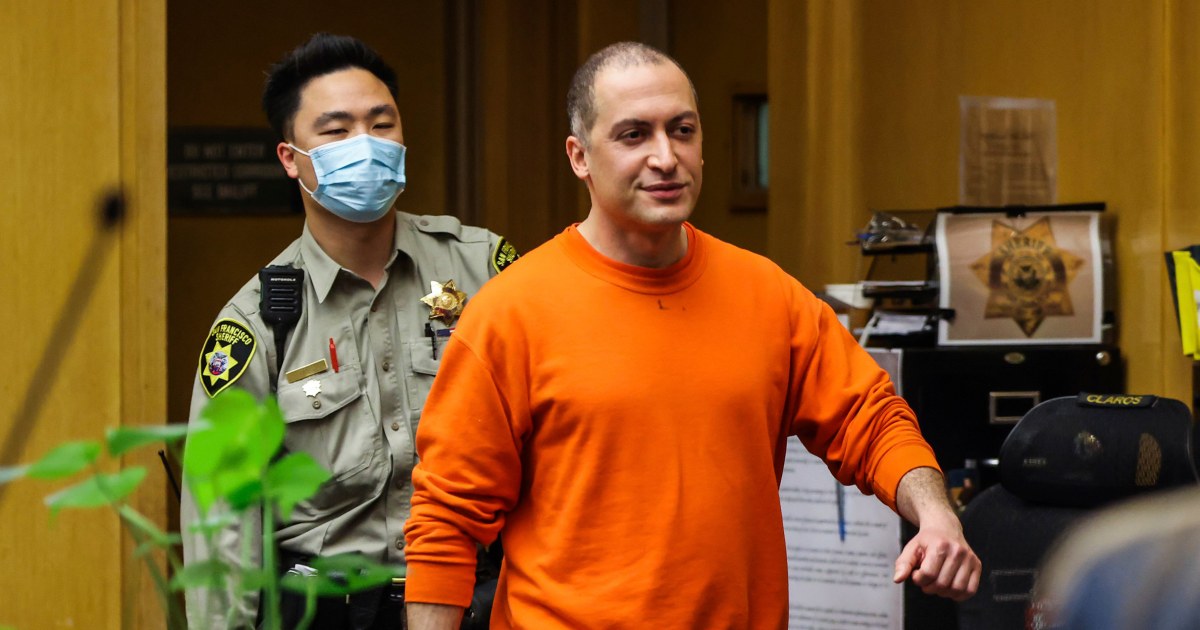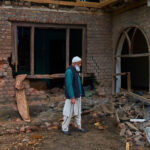Now Reading: Cyclone Chido: many missing in Mayotte as death toll rises in south-east Africa | Mayotte
-
01
Cyclone Chido: many missing in Mayotte as death toll rises in south-east Africa | Mayotte
Cyclone Chido: many missing in Mayotte as death toll rises in south-east Africa | Mayotte

The search for missing people has continued on the French territory of Mayotte, after Cyclone Chido devastated the islands on Saturday before sweeping through south-eastern Africa, where the death toll is climbing in Mozambique and Malawi.
Large parts of Mayotte’s main island, Grande-Terre, are still cut off from roads, internet and phone networks, as well as electricity and water.
While 21 people were officially confirmed to have been killed by the storm in Mayotte, officials there said there could be thousands of deaths. The Red Cross said on Tuesday it feared that 200 of its volunteers were missing.
In northern Mozambique, 34 people died and 23,600 homes were destroyed, authorities said. The cyclone killed seven people in Malawi, affecting almost 35,000 people, the country’s disaster management department said.
Authorities in Mayotte have ordered a 10pm to 4am curfew, starting on Tuesday, citing fears of looting amid reported shortages of food and fuel.
“The situation remains chaotic. A large part of Mayotte still does not have electricity or water. The same goes for the telephone network; many still have no news of their loved ones,” said Alexis Duclos, the editor in chief of local news service Flash Infos.
“Shops are only partially open to avoid crowds, people are waiting in front of banks because the cash machines are out of order, gas stations are refusing to serve people because fuel is reserved for emergency services and law enforcement,” said Duclos, who had to climb out of an apartment window via a ladder with his pregnant partner, minutes before the building’s roof blew off in the cyclone.
Mayotte lies in the Indian Ocean channel between Madagascar and Mozambique and is the poorest part of France. It is officially home to about 320,000 people, but authorities say there could be as many as 200,000 more due to illegal migration, most from the nearby island nation of Comoros.
An estimated one-third of the population live in densely populated, tin-roofed informal settlements, many of which were flattened by winds of up to 140mph (225km/h). Many undocumented migrants did not leave the slums for storm shelters because of fears of being deported, which is what is stopping many coming forward for help now, officials said.
“The real toll of those swept away by the mud, winds and tin from shantytowns will never be known,” Estelle Youssouffa, a deputy for Mayotte in France’s parliament, told the France Inter radio station. “This population, by definition undocumented migrants, are the main victims of this tragedy because they feared going to shelters.”
She said she spoke to an imam on Monday who described burying more than 30 people in the informal settlement of La Vigie.
France’s President Emmanuel Macron will visit Mayotte on Thursday, his office said, after chairing a crisis meeting on Monday night. He also declared an unspecified period of national mourning.
The interior minister, Bruno Retailleau, said there had not been any looting when he visited Mayotte’s main island on Monday. He announced that 400 more gendarmes would arrive “in the coming days”, to reinforce 1,600 gendarmes and police officers already on the islands.
A broad swathe of southern Africa was already reeling from a devastating drought earlier this year when Cyclone Chido hit, with an estimated 27 million people struggling to feed themselves until the next harvest due around April.
The “exceptional” cyclone was made worse by climate breakdown, fuelled by especially warm Indian Ocean waters, meteorologist Francois Gourand of the Meteo France weather service told Agence France-Presse.
Darkaoui Hakim, who works for an employment agency but was in France when the cyclone hit, said: “What worries me is that we are only at the beginning of the cyclone season … I am afraid there will be another one and there will be chaos.”
While his parents and parents-in law were safe in the south of Grande-Terre, which was less affected than the north, he said he was worried about the lack of fuel, electricity and water: “There was already not enough water before the cyclone.”
Said Valdo, an IT entrepreneur, had to travel about 20 miles across the island, from the village of Mliha to Kaweni, in the capital Mamoudzou, to access phone and internet networks.
He said the storm needed to trigger improvements for people living in Mayotte’s slums: “We are overpopulated so, if there is no long-term solution, unfortunately what is happening now will be multiplied in the coming years.”
Additional reporting by Agence France-Presse.



















